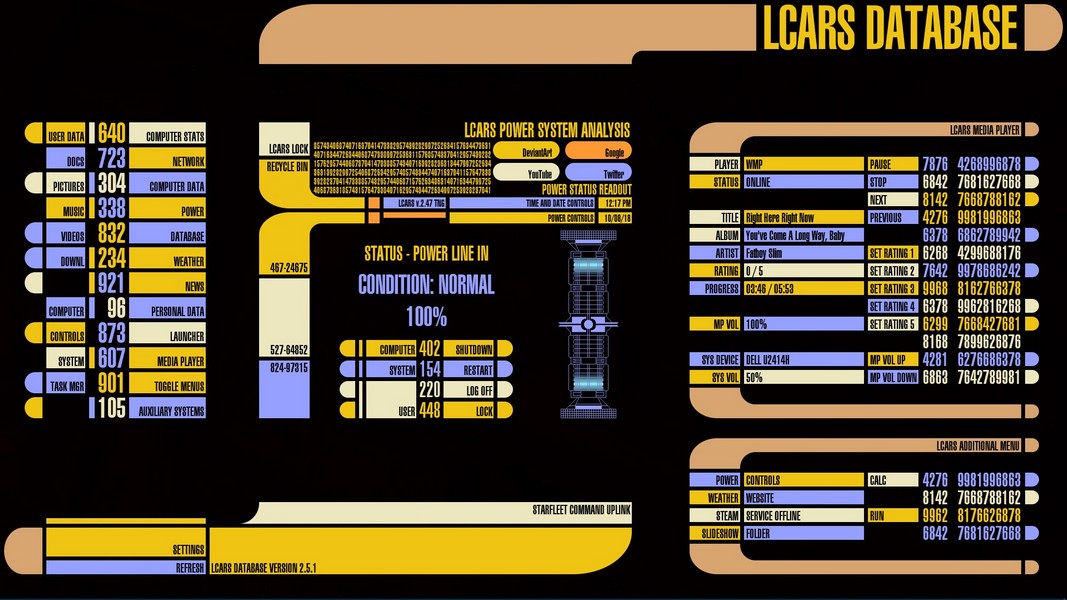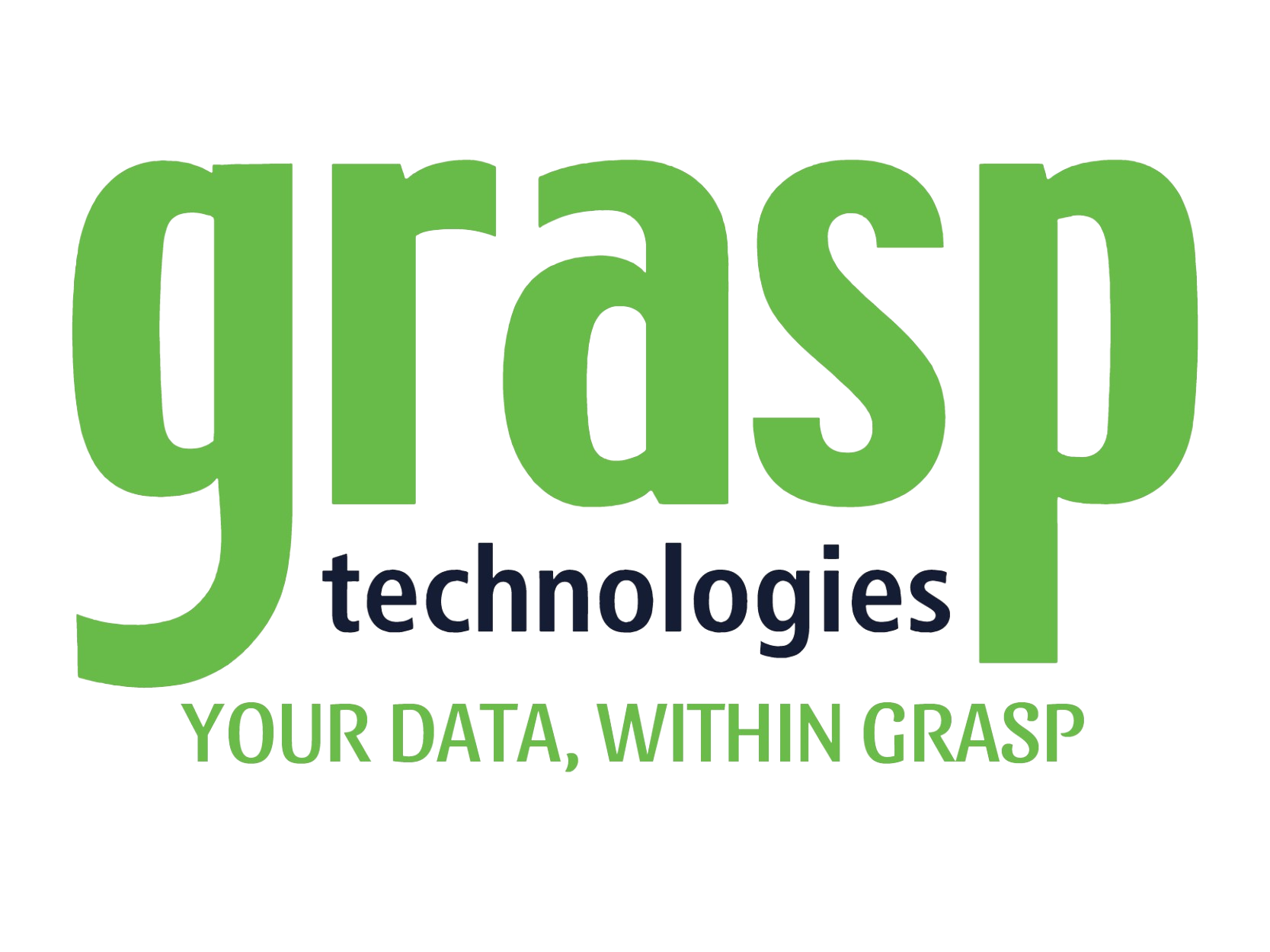AI, ML, NLP: Like the travel industry, technology has many initialisms that serve a purpose but sometimes can be misunderstood or individuals may have different perceptions of what they represent. Artificial Intelligence (AI) for instance could conjure thoughts of the Matrix, the Terminator, the Star Trek computer (LCARS - Library Computer Access/Retrieval System), or someone’s Siri/Alexa.

Some of these serve as real-world inspiration for new and emerging technologies. Some obviously make for great viewing and others could be concerning if our future is dictated by machines...we all know which ones "those" are.
here to stay
However, I think most people look at AI favorably. They envision a world where tasks are automated to make our lives easier. In terms of travel, automation has improved processes which often leads to reduced cost or improved revenues like automation has done in other industries. Automation can occur without the buzzwords of AL, ML, and NLP. We can place clear rules for machines to follow and they will follow them precisely. As an example, when we need to have physical cash, it’s fair to say that most of us will go to an ATM, a bank machine, rather than to a teller. In fact, some could favor the machine as they have more confidence that the transaction will be done correctly. Unlike with a person, the machine is not only scanning the bills with many sensors to ensure the amount is correct, it is also weighing the bills. The ATM has the ability to have many more variables to assess the denomination and output of bills to provide (or receive).

The same is true with planes. For many years, we’ve heard that planes can fly themselves. They have many sensors, communications to ground control, and sophisticated onboard systems. Yet, all commercial flights use human pilots for getting from point A to point B. Would AI make us trust the machine more? Or are we not ready for that shift yet?
Redefining "trust"
Perhaps we need to build a trust not of the machine, but our perception of what the machine can or cannot do. Many travel websites have chatbots which use Natural Language Processing (NLP). You enter a question or request and the chatbot is able to understand the ask, to provide a response based on rules that its administrator has provided. Sometimes the chatbot can answer the question and in other cases it helps ask questions that a customer service rep would ask in order to get to the root problem: How can I help you today? If you would like to change your ticket, what would you like to change? These chatbots can possibly eliminate the need for human interaction or at least reduce the amount of time (therefore cost) of customer service reps.
Machine learning (ML) can provide us insights on data. Data scientists can use machine learning systems to crunch through large datasets to learn and understand the data. The technology saves a lot of time but can still have errors because of…people. The value of the output can only be as good as logic/code to understand the data .And although these technologies are impressive and can do wonderful things, it is still dependent on people to provide the underlying logic.
A powerful tool
With Artificial Intelligence (AI), the utopia is for code to write better code, to learn. In the case of humans, we often learn from our mistakes. Does AI operate that same way? Even so, would we still trust that it will make the right decision? I think it is safe to say that society is not ready for AI to perform surgeries. But we are definitely ready for more of a virtual assistant on steroids. The pendulum is already swinging towards allowing AI to take on more tasks but adoption of AI is still slow.
For travel bookings, would we be ok if an AI automatically booked our travel based on a meeting invite? Would we assume it knows the right balance of convenience, safety, comfort, and cost? Would we ever give an AI a rating like we do with Airbnb, or do we assume all AI decisions will be perfect?
In the near term, NLP will continue to be a helpful tool as an interface between man and machine. Machine learning is also showing promise as more skilled data scientists graduate and help build beneficial machine learning algorithms. AI will be the laggard for the time being, both because the technology is still in its infancy and also because we (society) may not be ready for it.

